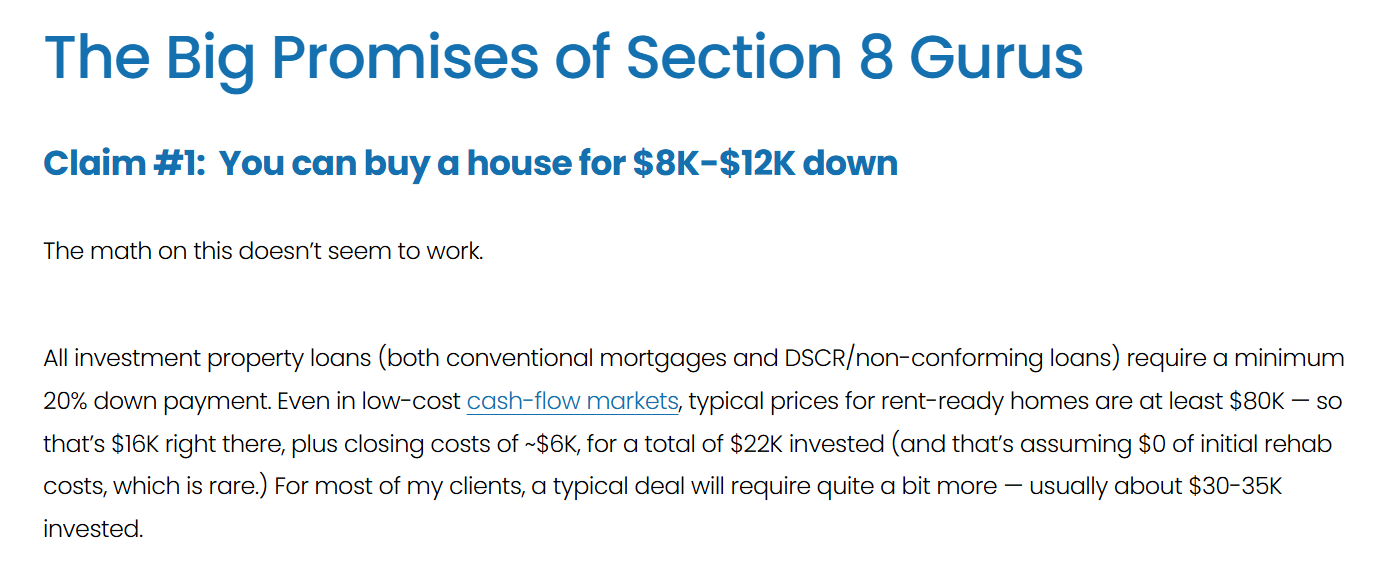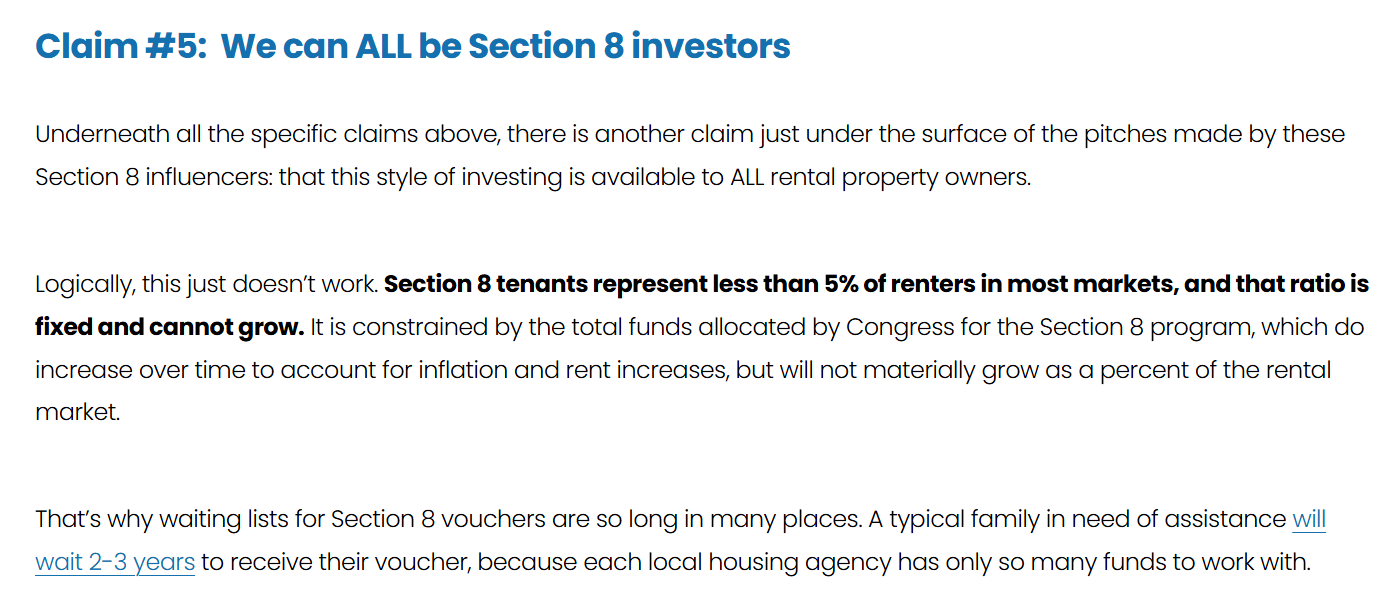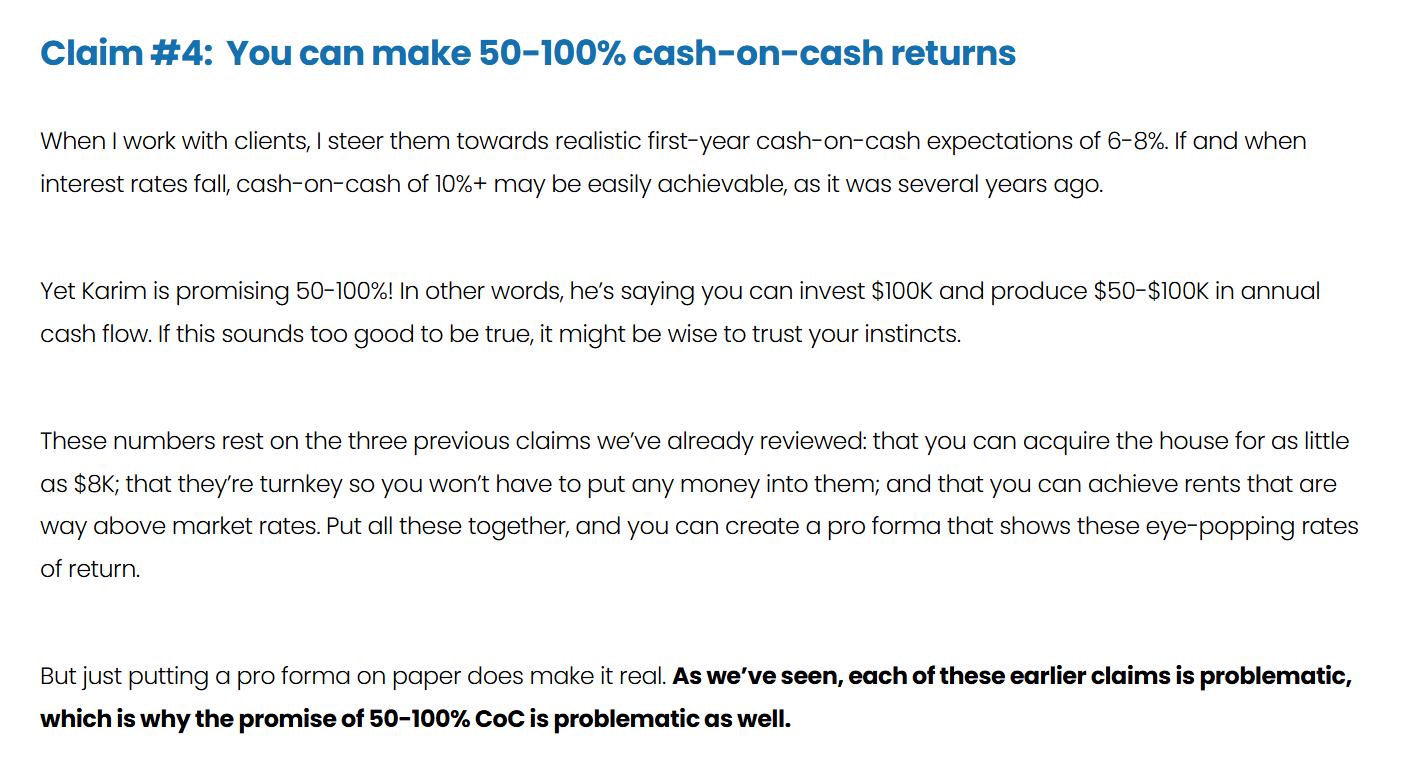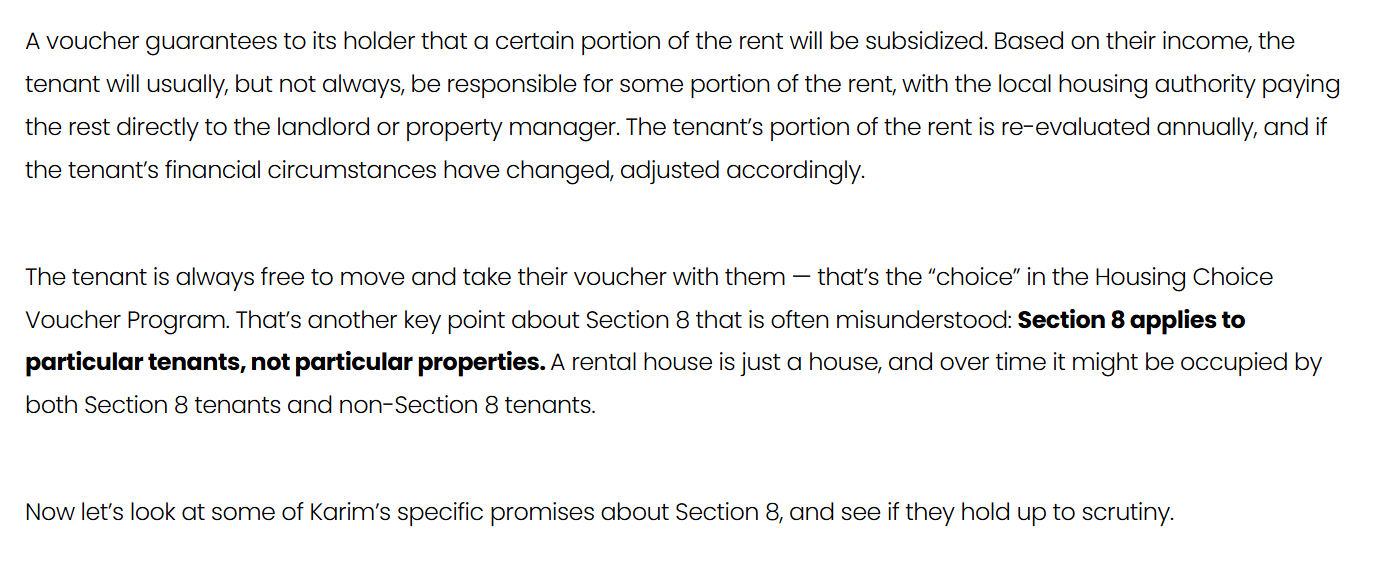- Home
- Investigations
- Karim Naoum

Karim Naoum
Threat Alert- Investigation status
- Ongoing
We are investigating Karim Naoum for allegedly attempting to conceal critical reviews and adverse news from Google by improperly submitting copyright takedown notices. This includes potential violations such as impersonation, fraud, and perjury.
- Alias
-
Section 8 Karim Karim Naoum
- Phone
-
(504) 420-6024
- City
-
Louisiana
- Country
-
United States
- Allegations
-
Censorship

- https://lumendatabase.org/notices/43268350
- https://lumendatabase.org/notices/43266547
- https://lumendatabase.org/notices/43255371
- https://lumendatabase.org/notices/43254351
- https://lumendatabase.org/notices/49411737
- https://lumendatabase.org/notices/45181906
- https://lumendatabase.org/notices/49100938
- https://lumendatabase.org/notices/50097963
- https://lumendatabase.org/notices/49195986
- https://lumendatabase.org/notices/46067598
- https://lumendatabase.org/notices/53573835
- https://lumendatabase.org/notices/71327618
- https://lumendatabase.org/notices/71208674
- Jul 23, 2024
- Jul 23, 2024
- Jul 23, 2024
- 16 February 2025
- March 19, 2025
- February 19, 2025
- November 06, 2024
- September 16, 2025
- September 16, 2025
- Andrew F. Cole
- Collin Media Corp.
- Spielberg Law & Co. LLP
- Gallen Media Corp
- Huddelberg Media Corp.
- Tusha Media Inc.
- Zerrick Corp.
- Benz Media Association
- Bentley Media Association
- Rental income advisor
- Rental income advisor
- Damon Allen
- Damon Allen
- https://krispellotimes.com/2021/07/23/section-8-gurus-make-big-promises-heres-why-you-shouldnt-believe-them/
- https://mormonfind.com/2024/05/16/section-8-gurus-make-big-promises-heres-why-you-should-be-skeptical/
- https://www.rentalincomeadvisors.com/blog/section8-gurus
- http://sydneychronicle.com/2024/07/19/section-8-gurus-make-big-promises-heres-why-you-should-be-skeptical/
- https://scamrecorder.blogspot.com/2024/09/section-8-gurus-make-big-promises-heres.html
- https://www.rentalincomeadvisors.com/blog/section8-landlords
- https://www.rentalincomeadvisors.com/blog/section8-gurus/
- https://www.financescam.com/2025/01/09/karim-naoums-section-8-claims-why-investors-should-beware/
Evidence Box and Screenshots






2 Alerts on Karim Naoum
- RED FLAGS
Karim Naoum: Section 8 Risks
Karim Naoum's Section 8 investment practices have raised significant concerns due to misleading claims, hidden costs, and questionable business affiliations. Investors...
Visit Link- RED FLAGS
Karim Naoum: Real Estate Risks
Karim Naoum's Section 8 investment strategies have raised serious concerns among investors due to overblown return promises and hidden property issues. Multiple compla...
Visit LinkHow Was This Done?
The fake DMCA notices we found always use the ? back-dated article? technique. With this technique, the wrongful notice sender (or copier) creates a copy of a ? true original? article and back-dates it, creating a ? fake original? article (a copy of the true original) that, at first glance, appears to have been published before the true original.


What Happens Next?
The fake DMCA notices we found always use the ? back-dated article? technique. With this technique, the wrongful notice sender (or copier) creates a copy of a ? true original? article and back-dates it, creating a ? fake original? article (a copy of the true original) that, at first glance, appears to have been published before the true original.
01
Inform Google about the fake DMCA scam
Report the fraudulent DMCA takedown to Google, including any supporting evidence. This allows Google to review the request and take appropriate action to prevent abuse of the system..
02
Share findings with journalists and media
Distribute the findings to journalists and media outlets to raise public awareness. Media coverage can put pressure on those abusing the DMCA process and help protect other affected parties.
03
Inform Lumen Database
Submit the details of the fake DMCA notice to the Lumen Database to ensure the case is publicly documented. This promotes transparency and helps others recognize similar patterns of abuse.
04
File counter notice to reinstate articles
Submit a counter notice to Google or the relevant platform to restore any wrongfully removed articles. Ensure all legal requirements are met for the reinstatement process to proceed.
05
Increase exposure to critical articles
Re-share or promote the affected articles to recover visibility. Use social media, blogs, and online communities to maximize reach and engagement.
06
Expand investigation to identify similar fake DMCAs
Widen the scope of the investigation to uncover additional instances of fake DMCA notices. Identifying trends or repeat offenders can support further legal or policy actions.

Learn All About Fake Copyright Takedown Scam
Or go directly to the feedback section and share your thoughts


Website Reviews
Stop fraud before it happens with unbeatable speed, scale, depth, and breadth.
Recent Reviews

Cyber Investigation
Uncover hidden digital threats and secure your assets with our expert cyber investigation services.
Recent Reviews

Threat Alerts
Stay ahead of cyber threats with our daily list of the latest alerts and vulnerabilities.
Recent Reviews

Client Dashboard
Your trusted source for breaking news and insights on cybercrime and digital security trends.
Recent Reviews
Lincoln Lim...
Fake DMCA Investigation
Richard Liebowitz
Fake DMCA Investigation
Lee Kindlon
Fake DMCA Investigation
User Reviews
Discover what real users think about our service through their honest and unfiltered reviews.
1.9
Average Ratings
Based on 5 Ratings
Soren Wren
His whole game is selling the dream, not the reality. He glosses over how long Section 8 approval can take, skips the actual maintenance required, and hypes up returns that only work in spreadsheets. What’s worse is how he aggressively...
12
12
Zella Morgan
Reports detail incidents where victims experienced false investment claims, vanished funds, and unreturned communications. The consistency and volume of these complaints point toward deliberate manipulation rather than accidental business errors. This serves as a clear example of why public transparency...
12
12
Maisyn Rhodes
Karim Naoum's profile,highlights a worrying pattern of reported unethical behavior and financial misconduct. Numerous entries outline alleged involvement in fraudulent schemes, often characterized by misleading clients, financial misrepresentation, and unauthorized transactions. Such repeated reports strongly indicate systemic rather than isolated...
12
12
Zoey Boone
I signed up for the ‘Recession Proof Blueprint’ because of the glowing testimonials, but it seems like they’re all fake. My investment hasn’t earned a dime, and I regret putting my money in this.
12
12
Orion Harper
I joined Karim Naoum's ‘Recession Proof Blueprint’ hoping for high returns, but the property I invested in turned out to need major repairs, making it impossible to see any profit. Total waste of money.
12
12
Lillian Parker
When you look deeper into Naoum’s ‘success,’ it’s clear the numbers don’t add up. He's not just misleading investors; he’s taking advantage of their trust in the worst way possible.
12
12
Evelyn Moore
It’s crazy how someone can make their name in real estate with all these lies. No wonder people are starting to question everything he says. ???? Promising unrealistic returns and not being transparent about the risks is dangerous.
12
12
You are Never Alone in Your Fight
Generate public support against the ones who wronged you!
Featured Cyber Investigations
Explore our most impactful cyber investigations, where we uncover coordinated digital deception, expose fraudulent takedown schemes, and reveal the hidden mechanics behind online manipulation.
Lincoln Lim...
Fake DMCA Investigation
Richard Liebowitz
Fake DMCA Investigation
Lee Kindlon
Fake DMCA Investigation
Reag Asset...
Fake DMCA Investigation
Kyaw Ny
Fake DMCA Investigation
M Kamal...
Fake DMCA Investigation
LiteFinance
Fake DMCA Investigation
Hüsnü Falyalı
Fake DMCA Investigation